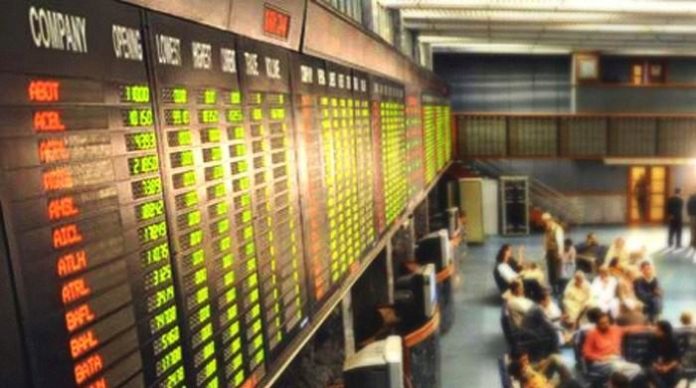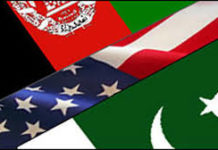By Muhammad Luqman
Pakistani stocks climbed by about four percent on Wednesday, just a day after Saudi Arabia agreed to provide Islamabad with $6 billion in financial assistance to overcome a widening balance of payments crisis.
The benchmark KSE index of the Pakistan Stock Exchange gained 1,462 points or 3.85 percent in intra-day trading , pushing the index to 39,176 points, according to media reports.
The gains followed a string of losses on the bourse after mixed signals from Prime Minister Imran Khan’s government on plans to address the country’s deteriorating economy.
On Tuesday, Imran Khan was able to strike a 12-month deal for a balance of payments lifeline during a visit to Saudi Arabia, which will deposit $3 billion with Pakistan’s central bank and provide a matching deferred payment facility for oil imports.
“The market has welcomed the Saudi package which has eased off the situation Pakistan was faced with during the last two months,” Muzammil Aslam, former chief executive of EFG Hermes Pakistan — the only foreign brokerage house in the country.
Khan’s government has also entered talks with the International Monetary Fund (IMF) as it seeks a potential bailout package to stem its balance of payment and current account deficits.
Tuesday’s relief package will likely lessen the amount of funds the country needs to secure from the IMF, analysts said.
“Pakistan might get a $6-7 billion financial package from the IMF” in the wake of the Saudi deal, said Aslam.
An IMF team is set to arrive in Pakistan in early November to begin negotiations.
Since coming into power in August, the cricketer-turned-politician Imran Khan has sought loans from friendly countries such as China and Saudi Arabia, promised to recover funds stolen by corrupt officials, and embarked on a series of high-profile populist austerity measures.
Prime Minister Imran Khan in an address to nation on Wednesday, announced the “good news” about the financial package the government has secured from Saudi Arabia, he said: “We were trying for many days to get rid of this burden placed on us of the debt. We had to pay back our debts otherwise we would have been faced with default.”
“We have got an amazing package from Saudi Arabia… which has taken off the burden.”
He said had the government approached the International Monetary Fund (IMF) for a bailout directly, it would have to borrow more money that would result in an increased impact on the poor segments of society.
“So our efforts were geared towards getting loans from friendly countries,” he said, adding that now even if the government goes to the IMF, it won’t need as big a package from the lender.
The premier said his government is in talks with two more countries, “and we expect a similar package from them”. If that is secured, he said, the burden of the loans on the salaried class will be minimal.















